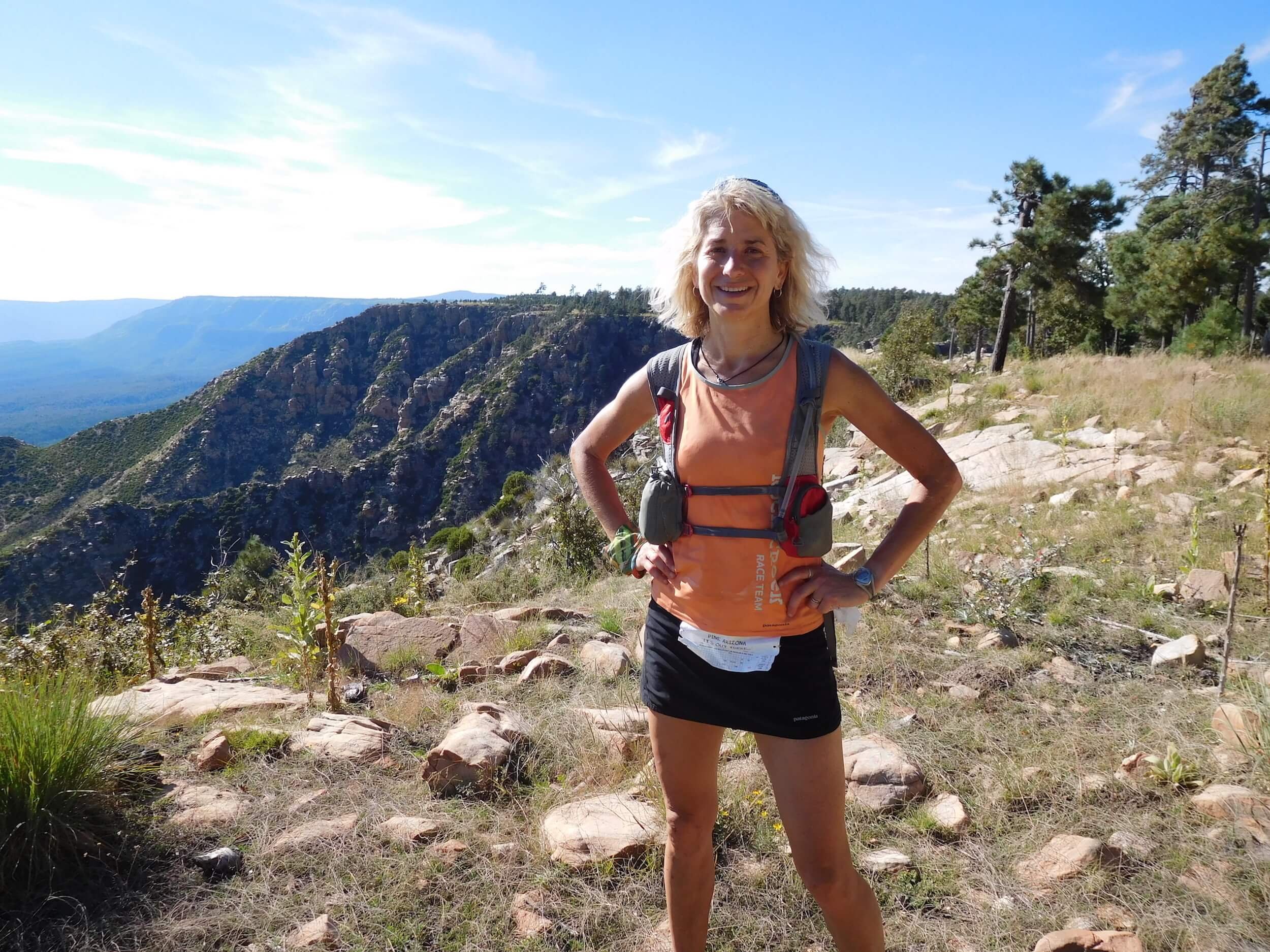Learning from a DNF
When you DNF, people offer a lot of opinions, advice and motivational sayings to help.
“You should/shouldn’t have X.”
“You need to Y.”
"How bad do you want it?"
It’s the last stuff you want to hear.
You want people to leave you alone - stop judging you, telling you what you did wrong and explaining what you should do to fix it.
They don’t get it. You did your best and got pulled. Things happen.
So you steer clear of them, try to explain why it’s not your fault, or smile politely while you clamp down on what you really want to say.
You just don’t want to think about it any more.
But you’re still simmering and defensive because none of this fixes the problem - it just avoids it.
That’s because the actual problem isn’t what they think about the DNF - it’s what you do.
You’re doing what you worry they are - seeing it as a failure, and judging and finding fault with yourself about it. What they say wouldn’t bother you if you didn’t think there was truth to it.
Failing at a big race feels bad, so you’re trying hard to move on and not look at it, and you don’t want other people looking at it either.
You’re scared of seeing the mistakes and you definitely don’t want anyone else to see them.
You can turn the situation around with one simple shift - see the race as a rich source of information you can use to get better at finishing. Look at it closer, not less.
I help my clients do that by teaching them how to learn from their races.
You’ve heard people say they learn more from a DNF than a finish, but how? You’re painfully aware you don’t want to DNF ever again. Is there more to it than that?
Yes, way more, and you paid dearly for it, so don’t miss the chance.
The process of learning from a DNF is simple, powerful, and probably more positive than you think. I go through it with my clients so they have someone to talk it through with, an experienced perspective to spot things they missed, and a more complete picture than doing it alone.
When you go back and examine a DNF to learn everything you can, you turn mistakes into aha’s.
You spot clues for fixing stubborn problems.
And instead of hoping the next race goes better, you go into it armed with solutions. You know how to run it better.
And the side benefit? What other people say becomes immaterial. It doesn’t even matter. You’re now the expert on what happened and you know better than anyone what you need to do to finish next time.
Regardless of what you decide to share with others about your race and how much you choose to talk about it - and the choice is always yours - you can turn a DNF around for yourself if you’re willing to get out of defense and look at the race in a new way.

